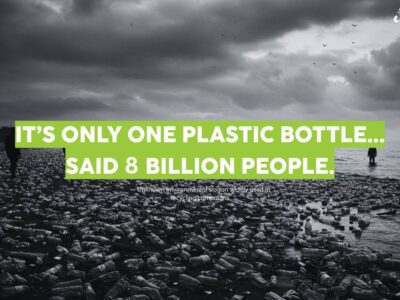There’s always a trade-off . . .

Trying to solve or prevent one environmental problem often causes another. The aftermath of the Gulf oil spill continues to illustrate that truism.
First, there was the argument between Louisiana Governor Bobby Jindal and the US Army Corps of Engineers over whether to allow the state to build berms to protect its shores from oiling, a proposal many coastal scientists said would cause more problems than it would solve. Now the Wall Street Journal reports that oysters in the Gulf are dying, not from oil but from fresh water released to keep the oil away from marshes. According to the Journal, in the wake of the spill, state officials opened gates along the Mississippi River, pouring fresh water into coastal marshes. That may have helped keep oil out of the marshes (at least in the short run), but by lowering the salinity in the marshes it appears to have killed large numbers of oysters.
Of course, that doesn’t necessarily mean the flushing flows through the marshes weren’t a good idea. It just means they weren’t environmentally “free.” As the WSJ story quotes Earl Melancon, a biologist at Nicholls State University:
“Have these diversions created more harm than good?” he asked. “I am not going to be the person to make that determination. But it certainly has harmed the oyster industry more than the oil.”







Reader Comments